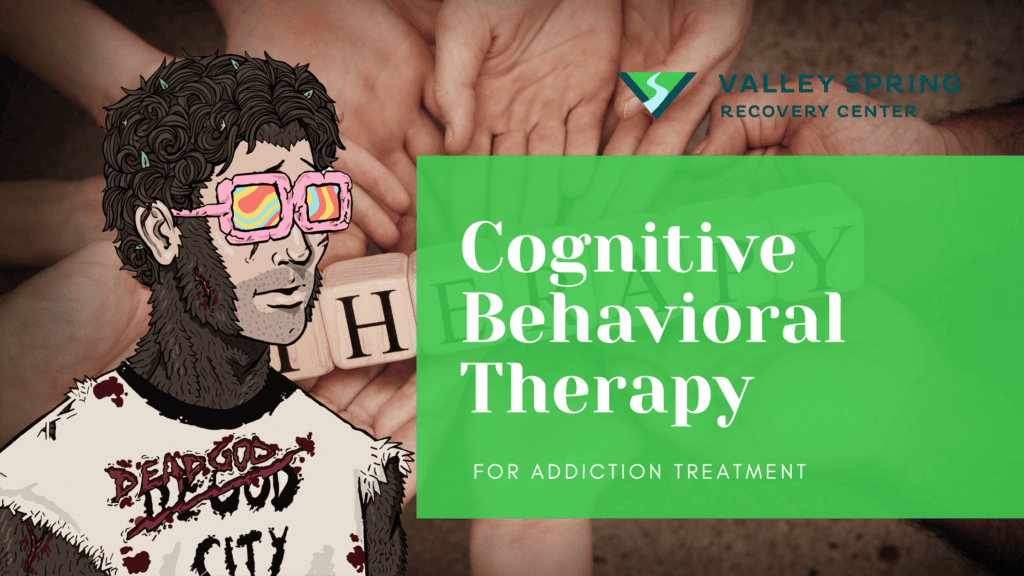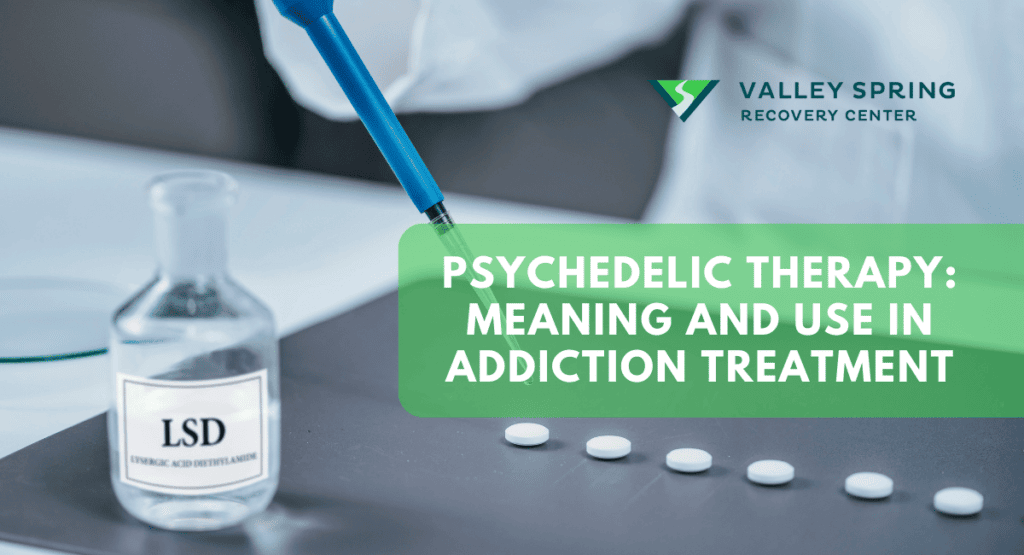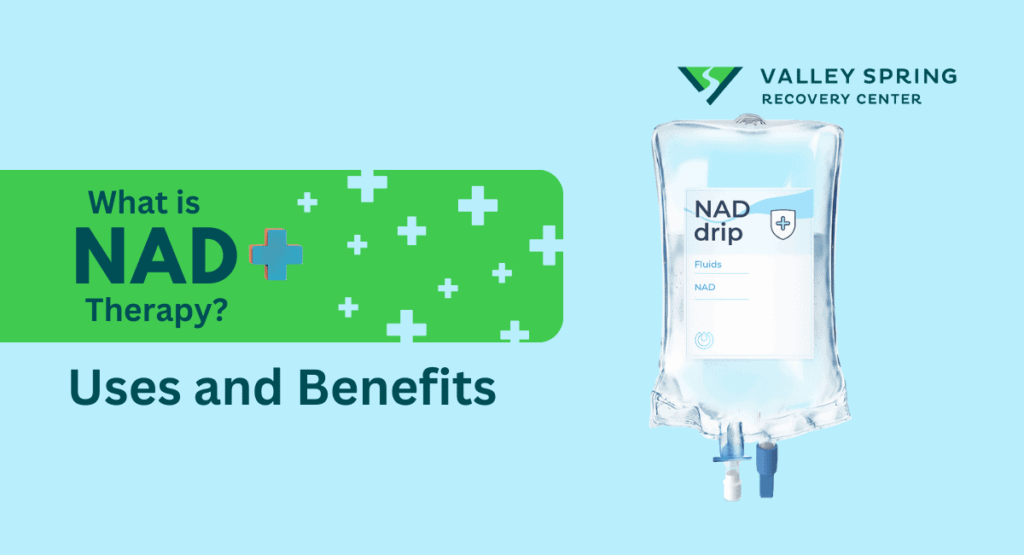Cognitive Behavior Therapy (CBT) has become a widely recognized and effective psychotherapy that addresses a multitude of mental health conditions. CBT is a goal-oriented and evidence-based approach that has led to successful outcomes for countless individuals worldwide.
CBT is an effective form of therapy that can be combined with other therapeutic approaches for comprehensive support and lasting personal growth.
What Is Cognitive Behavior Therapy (CBT)?
Cognitive Behavioral Therapy (CBT) is a goal-oriented psychotherapy that focuses on identifying and changing negative thought patterns and behaviors to improve mental health and overall well-being. This evidence-based approach, which includes cognitive behavioral interventions, has been proven effective in treating various mental health conditions, including:
Addiction
Post-traumatic stress disorder
Eating disorders
Anxiety disorders
Bipolar disorder
In addition to CBT, rational emotive behavior therapy is another form of psychotherapy that can be beneficial for individuals seeking mental health treatment.
CBT comprises two main components: cognitive therapy and behavioral therapy.
Cognitive Therapy
Cognitive therapy, a type of talk therapy, addresses distressing beliefs and thought patterns, helping individuals challenge and change them. Developed by Aaron T. Beck, this psychological therapy has been found to be an effective treatment for various mental health issues, including post-traumatic stress disorder (PTSD). Cognitive therapy aims to substitute negative thought patterns with more realistic and less damaging thoughts, empowering individuals to lead healthier, happier lives.
Cognitive therapists use techniques like self-monitoring, cognitive restructuring, and thought records to help individuals identify and modify erroneous and distressing thought patterns. These strategies enable individuals to gain clarity on their thought patterns, challenge cognitive biases, and develop skills to interrupt the cycle of negative thinking, ultimately fostering emotional well-being.
Behavioral Therapy
Behavioral therapy, on the other hand, focuses on changing harmful behavioral habits by identifying learned behaviors and teaching new, healthier ones. Rooted in American behaviorism, behavioral therapy has been used to manage depression, anxiety, panic disorders, and anger issues.
Techniques employed in behavioral therapy include relaxation strategies, such as consciously controlling one’s breathing to bring about a state of calmness, which can be particularly helpful in reducing anxiety. This approach complements cognitive therapy, forming the holistic framework of CBT, which addresses both thoughts and behaviors to promote optimal mental health.
What Are The Common Mental Health Conditions Treated with CBT?
CBT is acknowledged for its efficacy in treating a diverse range of mental disorders such as:
schizophrenia
depression
bipolar disorder
panic disorder
post-traumatic stress
anxiety disorders
bulimia
anorexia
personality disorders
alcohol dependence
drug addiction
The efficacy of CBT has been supported by numerous studies and systematic reviews, making it a well-established and trusted therapeutic approach.
Organizations like the United Kingdom’s National Institute for Health and Care Excellence (NICE) have recommended Cognitive Behavioural Therapy (CBT) as a form of treatment for various mental health issues. These issues include:
Post-Traumatic Stress Disorder (PTSD)
Obsessive Compulsive Disorder (OCD)
Bulimia Nervosa
Clinical Depression
Its versatility and evidence-based approach make CBT an invaluable tool in the arsenal of a mental health professional.
When Are CBT Techniques and Interventions Most Useful?
CBT techniques and interventions are particularly useful in identifying and managing negative emotions, developing coping skills, and setting goals for problem-solving and personal growth. By recognizing and confronting detrimental thoughts, individuals can gain a sense of control over their emotions and behaviors, leading to improved mental health and well-being.
Additionally, CBT can be beneficial for those struggling with emotional difficulties, such as stress, anxiety, and depression, and drug addiction. By equipping individuals with coping strategies and problem-solving skills, CBT promotes resilience and adaptability in the face of life’s challenges.
Identifying and Challenging Negative Thoughts
One of the primary objectives of CBT is to help individuals identify and challenge negative thoughts, ultimately leading to healthier thought patterns and improved mental health. Cognitive restructuring and thought records are effective techniques employed by cognitive therapists to assist individuals in recognizing negative thought processes and cultivating more balanced thinking.
Addressing cognitive distortions and biases like all-or-nothing thinking, overgeneralization, and emotional reasoning allows individuals to gain new perspectives and greater control over their emotions and behaviors. This transformative process aids individuals to:
Break the chains of negative thinking
Develop healthier thinking patterns
Improve emotional well-being
Enhance decision-making skills
Cultivate more fulfilling lives
Developing Coping Skills
CBT teaches coping skills for managing stress, anxiety, and other mental health challenges, which in turn promotes resilience and well-being. By equipping individuals with practical strategies, such as deep breathing, progressive muscle relaxation, and cognitive restructuring, CBT enables them to effectively navigate life’s ups and downs.
Additionally, CBT has been shown to have the following benefits:
Reduce PTSD symptoms, as demonstrated in a 2018 systematic review
Improve mental health outcomes through CBT-exposure therapy
Foster the development of coping skills
Empower individuals to face their challenges head-on
Cultivate emotional resilience
Goal Setting and Problem Solving
Goal setting and problem-solving are essential components of CBT, helping individuals create achievable objectives and develop strategies for overcoming obstacles. By setting specific, measurable, achievable, relevant, and time-bound (SMART) goals, individuals can work towards meaningful personal growth and improved mental health.
Moreover, problem-solving strategies in CBT, such as recognizing and confronting negative thoughts, creating coping skills, and restructuring cognitions, enable individuals to tackle the issues they face with a renewed sense of confidence and clarity. By addressing both short-term and long-term goals, CBT supports individuals on their journey towards lasting personal growth and well-being.
What Is The Role of the Therapist in CBT?
The role of the therapist in CBT is pivotal as they guide individuals in identifying negative thoughts and behaviors, teach coping skills, and provide necessary support and encouragement. By fostering a strong therapeutic alliance, therapists create a safe and supportive environment where individuals can explore their thoughts, emotions, and behaviors and work towards meaningful change.
Therapists working within the scientist-practitioner model, which is closely associated with CBT, apply a scientific perspective to their clinical practice, operationalizing problems and emphasizing the measurement of changes in cognition and behavior. This approach ensures that CBT remains evidence-based and rooted in empirical findings, maximizing its effectiveness and credibility.
How Is CBT Applied and Delivered In The Context Of Addiction Treatment?

Within the scope of addiction treatment, CBT aids in identifying triggers, developing coping strategies, and preventing relapses, often synergizing with other therapies and support systems. By recognizing and addressing the thoughts, actions, and circumstances that contribute to addiction, individuals can gain a better understanding of their triggers and develop healthier coping mechanisms.
CBT has been proven effective in managing substance use disorder, equipping individuals with the tools and strategies needed to overcome addiction and maintain long-term recovery. By integrating CBT with other therapeutic approaches and support systems, comprehensive and tailored addiction treatment plans can be created, ensuring the best possible outcomes for individuals seeking help.
How Effective is CBT Therapy?
The effectiveness of CBT in treating an array of mental health conditions is well-documented across numerous studies and systematic reviews. Research has demonstrated that CBT is more efficacious than other psychological treatments, such as psychodynamic therapy, particularly in post-treatment and follow-up.
Conditions that have been shown to benefit from CBT interventions include:
Anxiety disorders
Depression
Phobias
PTSD
Sleep disorders
Eating disorders
Obsessive-compulsive disorder
Substance use disorders
Chronic pain
With its evidence-based approach and demonstrated effectiveness, CBT has become a cornerstone of modern mental health care.
What Are The Limitations of CBT?
While CBT has been proven effective for many individuals, it is not without its limitations. One of the main challenges of CBT is the need for active participation from the patient, as success relies on their commitment to engage in the process and confront their thoughts and feelings. This can result in potential emotional discomfort, as individuals may be required to face difficult emotions and experiences in order to make progress.
Another limitation is that CBT may not be effective for all individuals or in all circumstances, as it is not a one-size-fits-all approach. However, despite these limitations, CBT remains a valuable and widely used therapeutic approach for addressing a broad range of mental health challenges.
How to find the Right CBT Therapist
Securing an apt CBT therapist is vital to ensure a fruitful therapeutic experience. To find a qualified therapist, it is recommended to:
Seek referrals from a primary healthcare provider, trusted family member, or friend
Consult local and state psychological associations for online resources
Research the therapist’s qualifications and experience
Ensure that their approach aligns with your specific needs and goals
In addition to qualifications, finding a therapist who is capable of providing the appropriate type and level of treatment to meet your needs is crucial. A strong therapeutic alliance, characterized by trust, empathy, and understanding, is key to a successful CBT experience.
Is CBT Therapy Personalized?
CBT therapy, with its adaptable techniques and interventions, can be personalized to cater to the distinctive needs and goals of each individual. This tailored approach ensures that individuals receive the most effective and relevant support, maximizing the potential benefits of therapy.
Therapists consider various factors when customizing CBT techniques, such as:
the individual’s needs
the presence of cognitive distortions
levels of anxiety and depression
the therapeutic alliance
the structure and focus of the sessions
By tailoring CBT to the individual during therapy sessions, therapists can provide targeted, effective support that addresses the root causes of mental health challenges and promotes lasting change.
How Can Integrating CBT with Other Therapeutic Approaches
To provide comprehensive and customized mental health support, CBT can be amalgamated with other therapeutic approaches including mindfulness, dialectical behavior therapy, and psychodynamic therapy. By combining the strengths of different therapeutic modalities, individuals can receive a well-rounded and evidence-based treatment plan that addresses their specific needs and goals.
The integration of CBT with other therapeutic approaches not only broadens the range of support available to individuals but also enhances the overall effectiveness of treatment. By drawing on a diverse array of evidence-based techniques and interventions, therapists can create a holistic and personalized approach to mental health care that maximizes the potential for positive outcomes.
CBT vs MAT for Addiction
Cognitive Behavioral Therapy (CBT) is primarily a psychological treatment that focuses on changing negative thought patterns and behaviors that lead to substance abuse. It employs talk therapy to help identify triggers and develop coping mechanisms for avoiding drug use. While CBT itself generally doesn’t involve the use of medication, it can be used in conjunction with medication-assisted treatments (MAT) for a more rounded approach to addiction therapy.
On the other hand, Medication-Assisted Treatment (MAT) is a medical approach to treating addiction. It aims to reduce cravings and withdrawal symptoms through the use of medications like methadone, buprenorphine, or naltrexone. These medications are often used in combination with counseling and behavioral therapies, including CBT. In MAT, medication is central to the treatment approach, providing a different focus compared to CBT’s psychological emphasis.
CBT vs Holistic Therapy for Addiction
Cognitive Behavioral Therapy (CBT) aims to address cognitive distortions and self-destructive behaviors through structured, goal-oriented therapy sessions. It is focused specifically on an individual’s thoughts and behaviors as they relate to addiction. CBT is often used as part of a broader addiction treatment plan, which can include medication and other forms of therapy.
Holistic therapy takes a more comprehensive approach, focusing on treating the whole individual—mind, body, and spirit. Methods may include practices like yoga, meditation, acupuncture, and nutritional counseling. Unlike CBT, which is typically focused on the individual’s thoughts and behaviors related to substance abuse, holistic therapy has a broader lifestyle focus and is often used in tandem with more traditional forms of addiction treatment.
Both CBT and holistic therapy have their own merits and are often used together to create a comprehensive addiction treatment plan.
What is an example of cognitive behavior?
Cognitive behavior is evidenced in CBT techniques, such as exposing oneself to anxiety-provoking situations and journaling about thoughts and feelings. For example, when facing social phobia, one may think that other people will always find them boring or stupid.
What are the characteristics of cognitive behavior?
Cognitive Behavior Therapy (CBT) is a problem-oriented strategy that focuses on current issues to find solutions, emphasizing collaboration and active participation. It involves efforts to change thinking patterns, goal setting, and exploring the interplay between thinking, feelings, and events in order to understand human behaviors.
What is cognitive behavioral learning?
Cognitive Behavioral Learning (CBT) is a therapeutic approach that focuses on how our thoughts, feelings, and behaviors are interconnected and can be changed. It helps individuals learn to become their own therapists by building coping skills that involve altering thinking patterns, emotions, and behaviors in order to better respond to life situations.
How do you practice cognitive behavior?
Practicing the principles of Cognitive Behavioral Therapy (CBT) involves identifying negative or inaccurate thinking, restructuring thoughts and beliefs, engaging in active problem-solving, scheduling new activities, practicing relaxation techniques, and engaging with role-playing and exposure therapy. All of these strategies can be practiced to help develop healthier thought patterns.
What is done during cognitive behavioral therapy For Addiction?
CBT is a structured form of psychotherapy that helps people learn to identify, question, and change unhelpful thoughts, attitudes, beliefs, and behaviors. CBT Therapy for addiction typically involves working with a therapist to analyze one’s thoughts, feelings, and behaviors, and adopting healthier thinking patterns and habits to get rid of relapse triggers.
Ben Fisher
All author postsShare This Post










